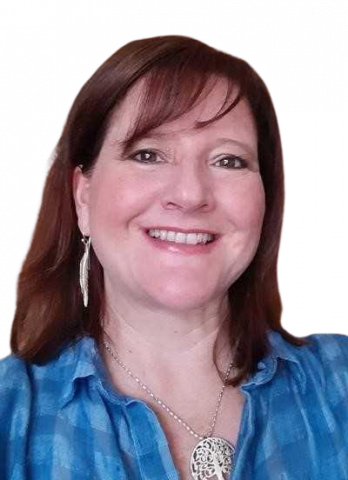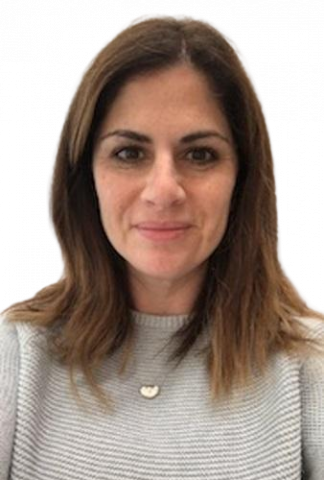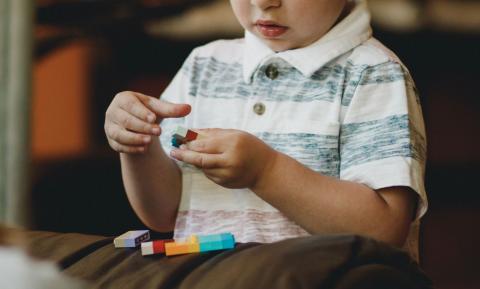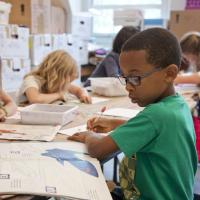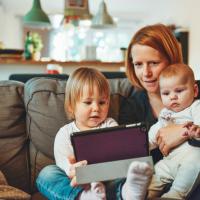Research group
Autism Community Research Network @ Southampton (ACoRNS)

ACoRNS is a research-practice partnership that aims to improve the lives of autistic children and adults through addressing questions that matter to practice and enabling autistic voices by applying creative methods.
Part of
Education
